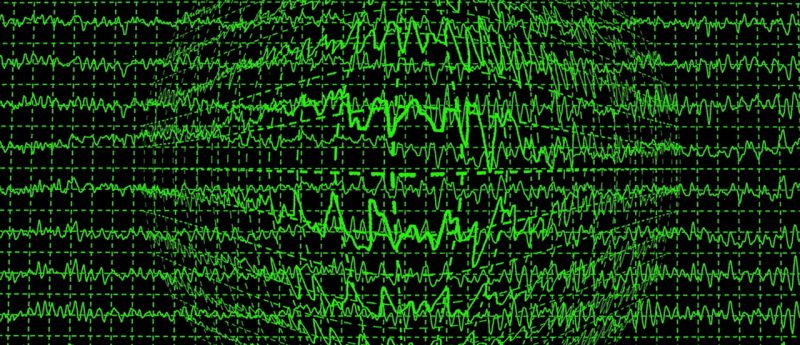Poor care may increase mortality risk for pediatric epilepsy patients

A novel, longitudinal study has investigated the association between care quality variations and all-cause mortality amongst children and young people with epilepsy.
There are concerns that discrepancies in pediatric care quality may negatively impact on the health outcomes of children and young people with epilepsy — specifically their number of hospital admissions and all-cause mortality. Now, a novel study has assessed the effects of care quality variation on pediatric epilepsy patients’ outcomes.
Investigators assessed unit-specific data from the Epilepsy12 National Clinical Audit, death registrations data from the UK Office for National Statistics and unplanned hospital admissions data from Hospital Episode Statistics. Separate data sets were compiled for the years spanning 2009–2011 (termed ‘round one’) and 2013–2014 (termed ‘round two’).
Researchers investigated the association between unit-level performance — assessed by the involvement of a pediatrician with epilepsy expertise, an epilepsy specialist nurse or a pediatric neurologist in the unit’s pediatric epilepsy patient care — during ‘round one’ and the proportion of young adults (aged between ten and 18) with epilepsy admitted to each unit who subsequently died during the study (that ran until 2015).
Further, researchers assessed the correlation between a change in Epilepsy12 performance in ‘round two’ compared with ‘round one’ and the number of unplanned, epilepsy-related hospitalizations over the same period.
Across 99 units that had available data on patient’s accessibility to pediatricians with epilepsy expertise and specialist epilepsy nurses, 134 out of 1795 patients died during the study period.
Across 55 units that had available data concerning the availability of pediatric neurologists to patients, 79 out of 1164 patients died during the study period.
Regression analysis revealed that institutions that provided patients access to pediatric neurologists had reduced percentage points for both total morbidity, and post-transition to adult services morbidity, compared with units where patients were not seen by these specialists.
There was no reduction in total morbidity or post-transition to adult services morbidity in units where patients were seen by pediatricians with epilepsy expertise, or specialist epilepsy nurses.
Patients’ access to specialist epilepsy nurses was, however, associated with reduced epilepsy-related hospitalizations.
In the study, the authors concluded: “Among adolescents with epilepsy, greater involvement of tertiary specialists in pediatric care is associated with decreased all-cause mortality in the period after transition to adult services. Reduced access to an epilepsy specialist nurse was associated with an increase in pediatric epilepsy admissions.”
Source:
Hargreaves DS, Arora S, Viveiro C et al. Association of quality of paediatric epilepsy care with mortality and unplanned hospital admissions among children and young people with epilepsy in England: a national longitudinal data linkage study. Lancet Child Adolesc. Health. doi:10.1016/S2352-4642(19)30201-9 (2019)(Epub ahead of print)
